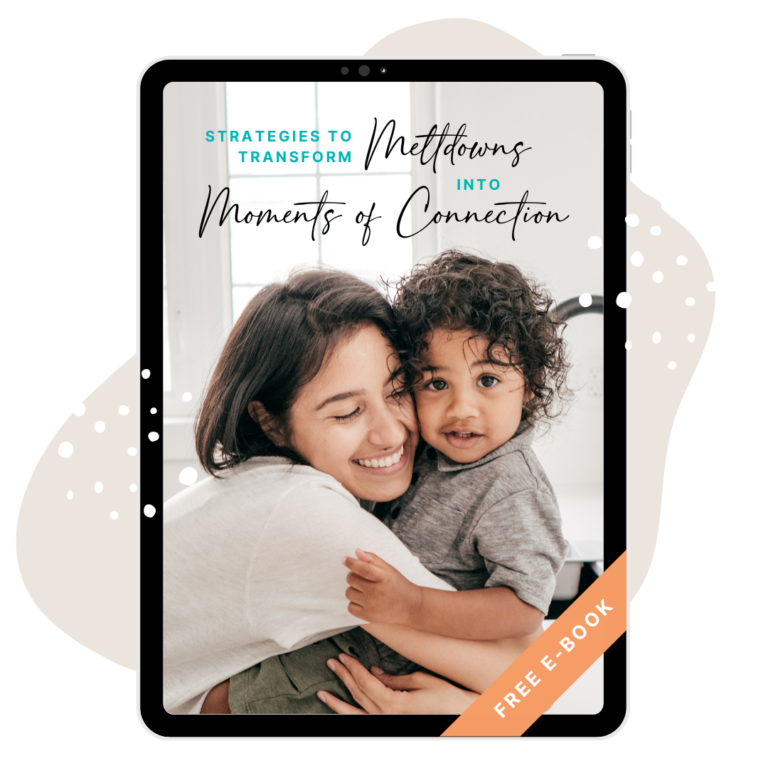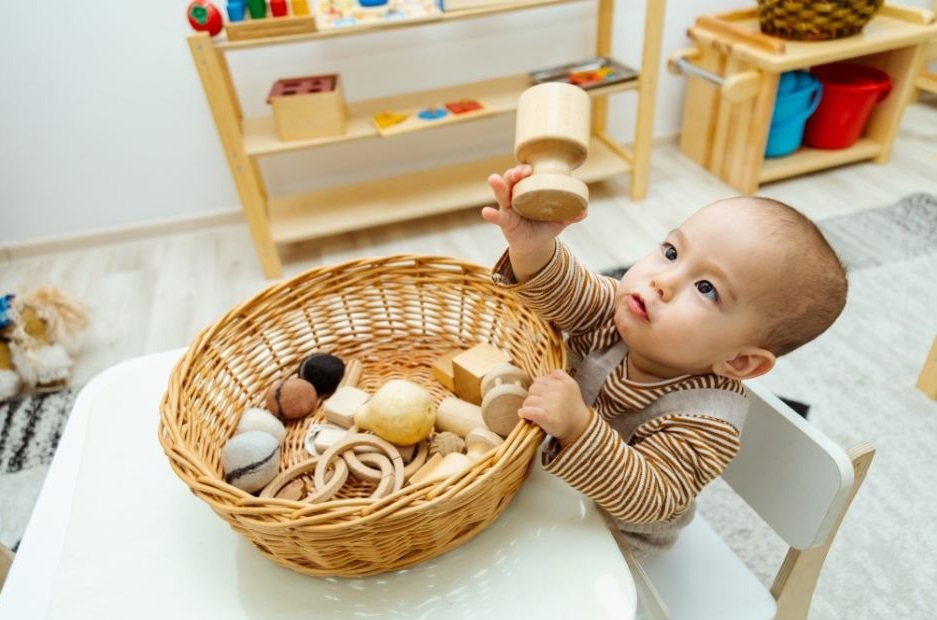Why?
We often think why did my child do this, why are they behaving like that, why are they not listening, why don’t they just do what I asked, why are they fighting with their siblings all the time?
Well, let me answer you this: You don’t actually need to know why (Gasp!)
Discover practical, easy-to-implement strategies to gently navigate your child’s emotional outbursts, while maintaining your own sense of calm.
You probably would assume the complete opposite, wouldn’t you? As parents and educators shouldn’t we know exactly why our children are doing something?
Sometimes, the reality is that you just don’t know why – “why are my children fighting, why is my child frustrated, why are they not listening” – and that is actually okay! The question should not be so much about why, but rather how can I help them get through this moment?

How can I support you through this “BIG” emotion or just help to problem solve with the child rather than trying to find a solution? As adults, we love to just find solutions for things and “fix them”. Well, unfortunately, a lot of the time you can’t “fix” things for children. You might think you can but you will just get exhausted getting caught up in the process of always trying to make things better.
Instead, it is so important to be able to teach children the skills on how to cope during those moments and help support them through it, rather than fixating on ‘a solution’.
The next time a ‘why’ question comes up, think about the ‘how’. How can I help support the child?
Firstly, acknowledge their feelings by stating, “you look so frustrated” or “you’re so sad”. Essentially you are empathising with the child and putting yourself in their shoes for a moment. Then offer a choice, “would you like a hug? or would you like to draw how frustrated you are?” What you are then doing is offering an outlet for this emotion and teaching the child how to self-regulate. THEN you can go into problem solving to try and find a solution together on how to manage the situation.

The most important part in all of this is not to ask why but to ask how…how to help the child through that moment, build their skills on how to manage that feeling and just be there with them to support and guide them.







